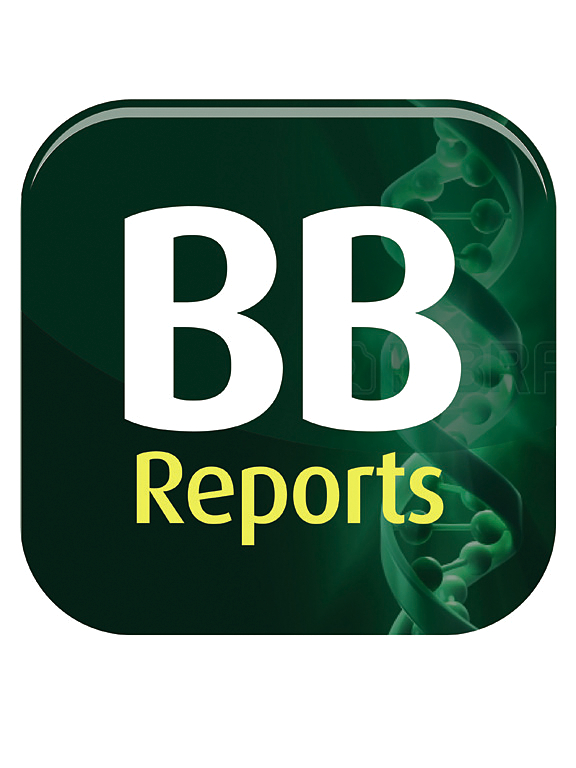Propofol reduces human TRPA1 activity in a warm environment
IF 2.3
Q3 BIOCHEMISTRY & MOLECULAR BIOLOGY
引用次数: 0
Abstract
Propofol, an intravenous anesthetic, has a side effect of causing vascular pain at the injection site. However, no effective method to inhibit this vascular pain has been established. Propofol-induced vascular pain is caused by activation of transient receptor potential ankyrin1 (TRPA1), which is expressed in the sensory nerve endings distributed around blood vessels. TRPA1 exhibits temperature sensitivity, and the degree of its activation has been reported to change with temperature. However, whether the temperature of propofol influences human TRPA1 (hTRPA1) activation and regulates the extent of vascular pain has not been examined. We investigated hTRPA1 activity in HEK293T cells in response to cooled or heated propofol using the patch-clamp method. We found that hTRPA1 currents were smaller in a warm environment (>35 °C) with heated propofol. Our results suggest that propofol should be kept above 35 °C to minimize hTRPA1 activation. Moreover, heating propofol decreased hTRPA1-mediated currents but did not alter activation of human GABAA receptors. This finding suggest that heated propofol can inhibit hTRPA1 activation and reduce vascular pain without losing its anesthetic function.
求助全文
约1分钟内获得全文
求助全文
来源期刊

Biochemistry and Biophysics Reports
Biochemistry, Genetics and Molecular Biology-Biophysics
CiteScore
4.60
自引率
0.00%
发文量
191
审稿时长
59 days
期刊介绍:
Open access, online only, peer-reviewed international journal in the Life Sciences, established in 2014 Biochemistry and Biophysics Reports (BB Reports) publishes original research in all aspects of Biochemistry, Biophysics and related areas like Molecular and Cell Biology. BB Reports welcomes solid though more preliminary, descriptive and small scale results if they have the potential to stimulate and/or contribute to future research, leading to new insights or hypothesis. Primary criteria for acceptance is that the work is original, scientifically and technically sound and provides valuable knowledge to life sciences research. We strongly believe all results deserve to be published and documented for the advancement of science. BB Reports specifically appreciates receiving reports on: Negative results, Replication studies, Reanalysis of previous datasets.
 求助内容:
求助内容: 应助结果提醒方式:
应助结果提醒方式:


